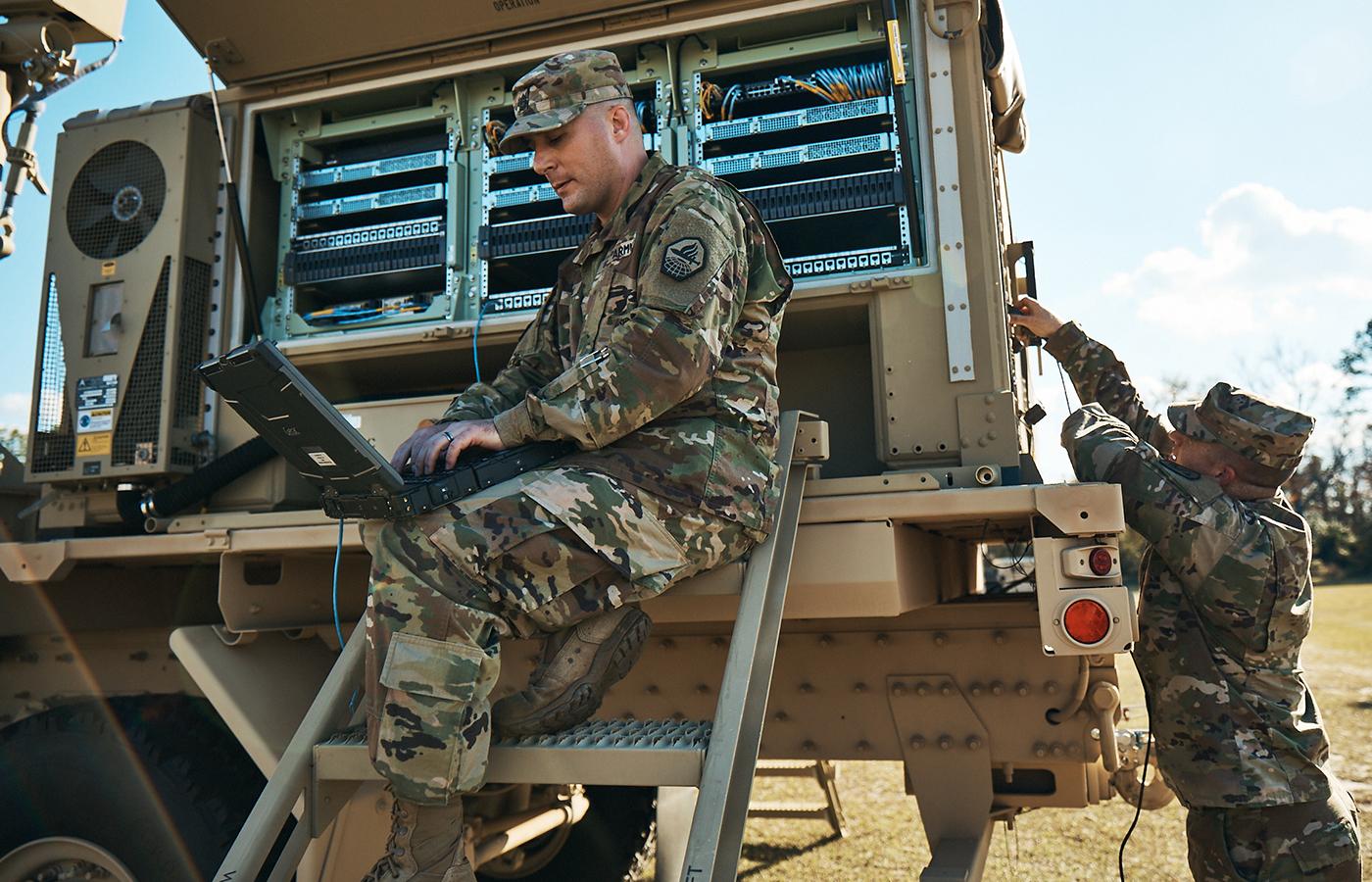The Army: A Pillar of Strength and Service

The army represents a vital institution within any nation, embodying strength, discipline, and dedication to service. This article explores the significance of the army, its roles and responsibilities, the training and commitment required from soldiers, and the impact it has on society.
The Role of the Army
The primary role of the army is to protect and defend a nation’s sovereignty. This involves safeguarding borders, responding to threats, and maintaining peace and security. Armies also play critical roles in disaster response, humanitarian aid, and peacekeeping missions globally. Their versatility allows them to adapt to various situations, whether in combat or supporting civil authorities during emergencies.
National Defense
At its core, the army is a deterrent against external threats. By maintaining a strong military presence, nations can protect their interests and ensure the safety of their citizens. The army's strategic capabilities, including intelligence gathering and advanced technology, play a crucial role in national defense.
Humanitarian Missions
Beyond combat, armies often engage in humanitarian efforts. They provide aid during natural disasters, assist in rebuilding efforts, and offer medical support to affected communities. This dual role highlights the army’s commitment to service and the welfare of civilians.
Training and Commitment
Joining the army requires rigorous training and a steadfast commitment to serve. Recruits undergo physical conditioning, tactical training, and leadership development. This comprehensive training prepares soldiers for the challenges they will face, fostering resilience, teamwork, and discipline.
Basic Training
Basic training, or boot camp, is a transformative experience for recruits. It instills the core values of the military—integrity, respect, and excellence. Soldiers learn essential skills, including weapons handling, navigation, and first aid, ensuring they are well-prepared for any situation.
Specialized Training
After basic training, soldiers may pursue specialized training in areas such as engineering, medicine, or intelligence. This specialized knowledge enhances the army's effectiveness and allows soldiers to contribute in diverse ways.
The Impact of the Army on Society
The army's influence extends far beyond its immediate mission. It shapes national identity, fosters community values, and provides numerous career opportunities.
National Identity and Pride
The army often serves as a symbol of national pride. Military parades, ceremonies, and commemorative events celebrate the sacrifices made by soldiers and foster a sense of unity and patriotism among citizens.
Career Opportunities
The army also offers a wealth of career opportunities, not just in military roles but in various civilian sectors as well. Skills acquired during service, such as leadership, communication, and technical expertise, are highly valued in the workforce. Many veterans successfully transition to civilian life, contributing their experience to society.
Conclusion
The army stands as a pillar of strength, embodying the values of service, sacrifice, and resilience. Its role in national defense, humanitarian efforts, and community building underscores its importance in modern society. As we honor the men and women who serve, we recognize the profound impact of the army on our lives and our nations. Their commitment to protecting freedom and upholding peace is a testament to the enduring spirit of service.
- Art
- Causes
- Crafts
- Dance
- Drinks
- Film
- Fitness
- Food
- Games
- Gardening
- Health
- Home
- Literature
- Music
- Networking
- Other
- Party
- Religion
- Shopping
- Sports
- Theater
- Wellness


